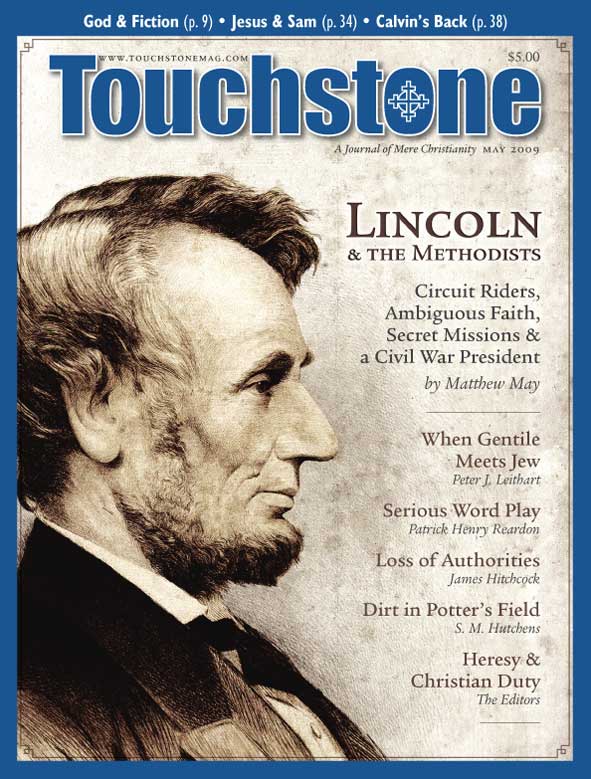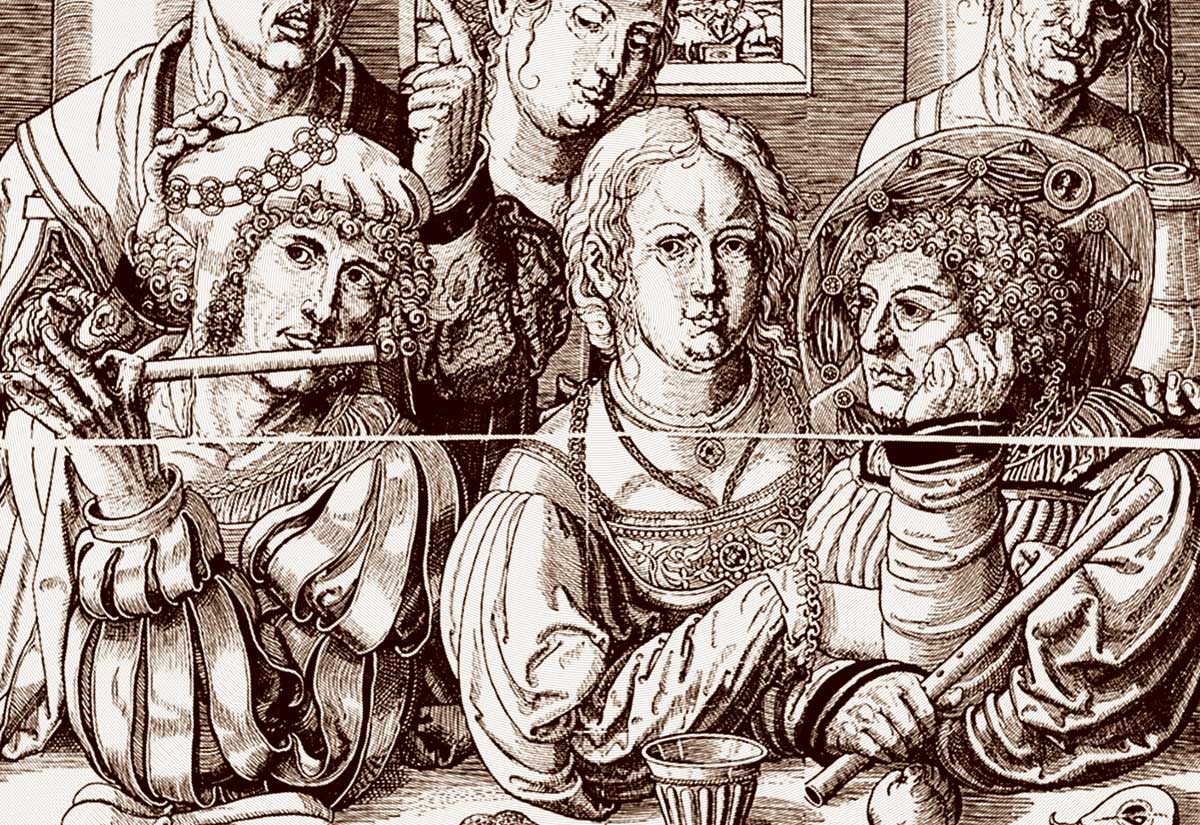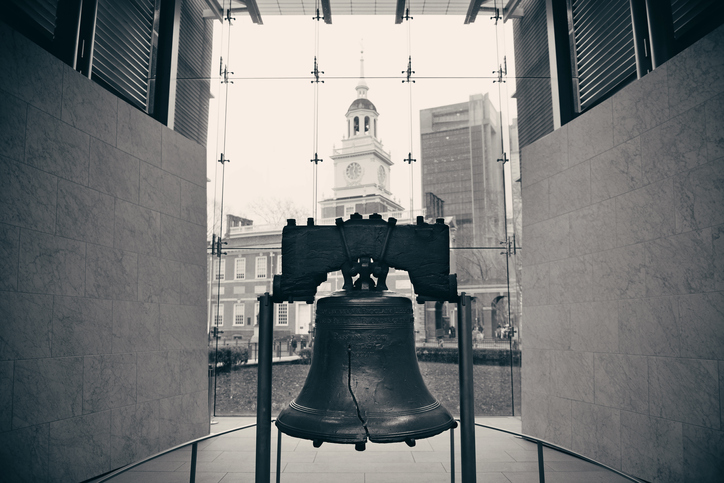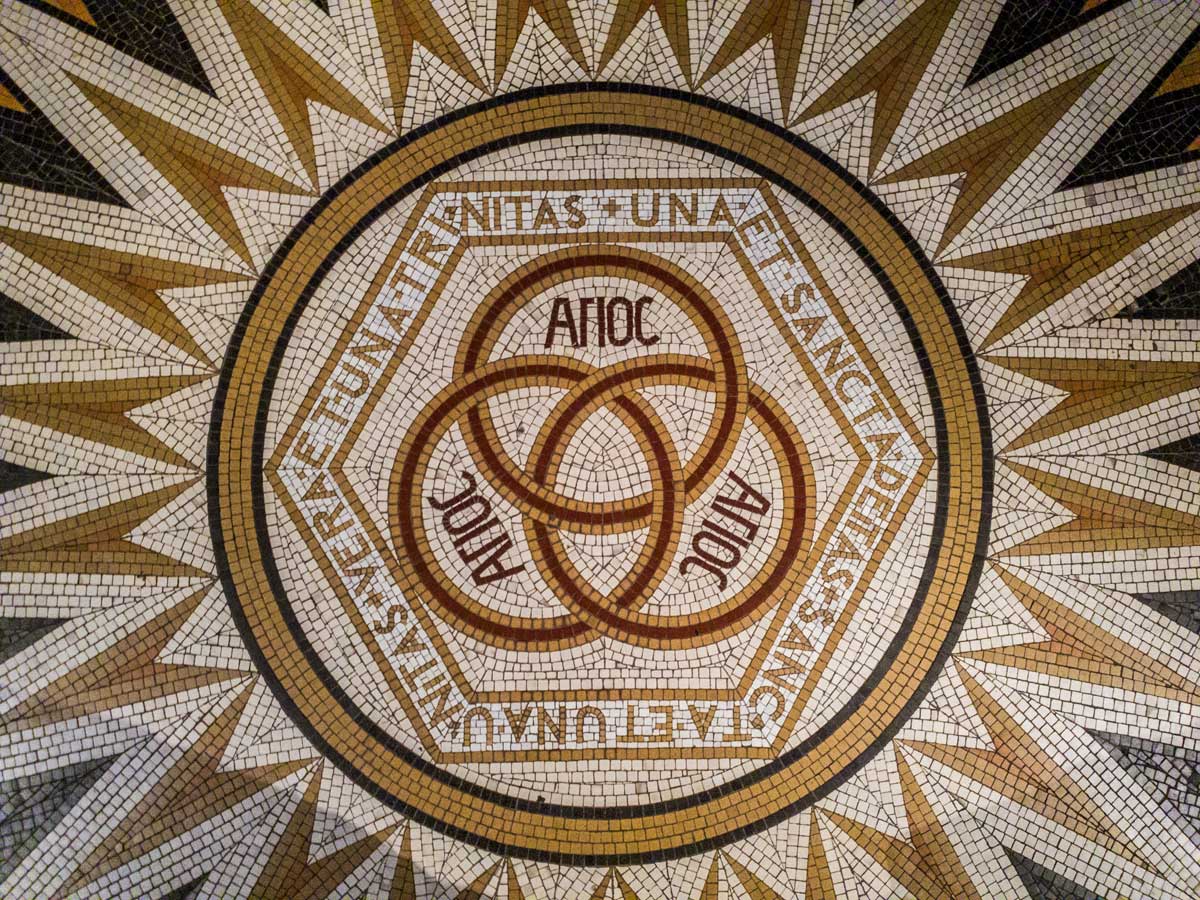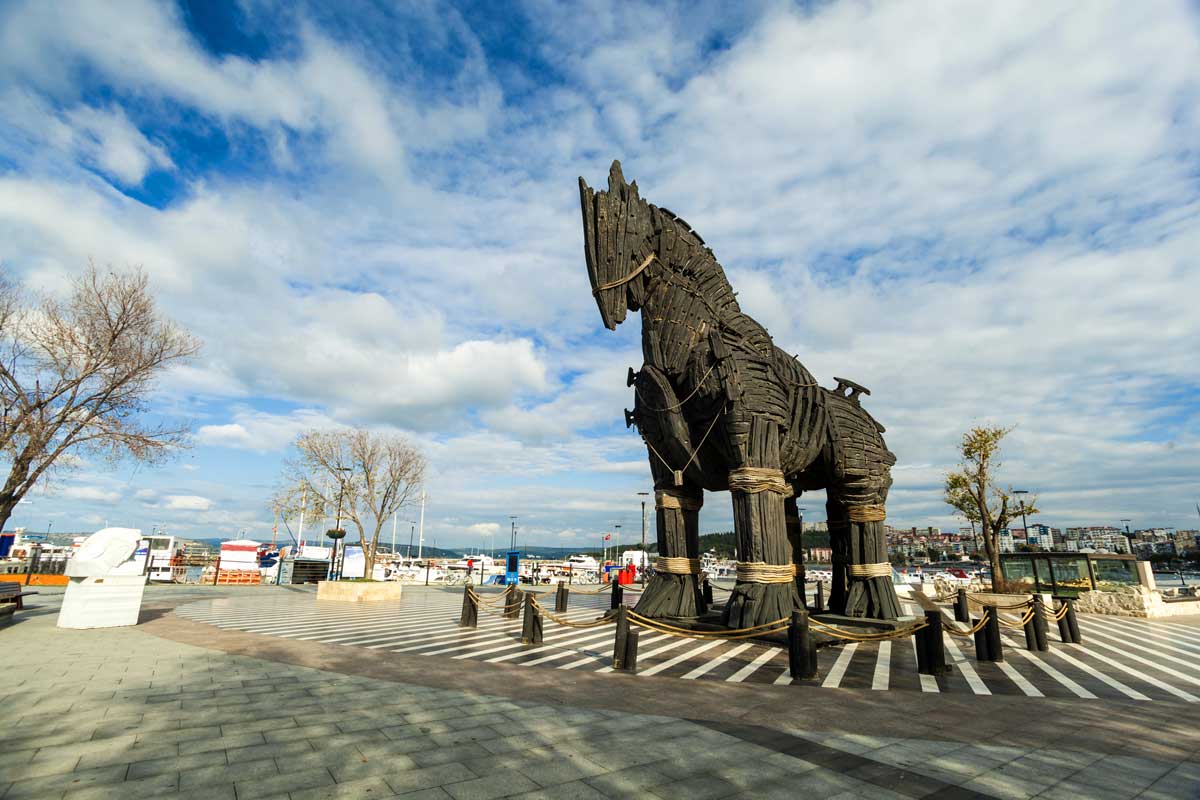The First Freedom
In Defense Of Religious Liberty
by David Novak
ISI Books, January 2009
(250 pages, $18.00, paperback)
reviewed by Gerald J. Russello
The debates over the relationship between church and state in American politics have involved everyone from Anglicans to Zoroastrians, and those of no faith at all. However, the context of those debates has remained safely within the Protestant discourse of American society. The Puritans Roger Williams and Anne Hutchinson, the background to and adoption of the First Amendment, Thomas Jefferson’s letter to the Danbury Baptists, the persecution of the Mormons, and the Scopes “monkey” trial remain the major touchstones in the nation’s religious consciousness.
Catholicism added a new dimension to the debate. Since the mid-nineteenth century, Catholics have, to varying degrees, been considered foreign to American culture, with the high point of hostility perhaps being the enactment of state-level “Blaine” amendments directed against Catholic schools, some of which remain on the books to this day. Having overcome the most obvious forms of prejudice, Catholics nevertheless remain embattled, as the election-cycle articles about the bishops’ positions on public policy and the casual bigotry of the nation’s elites attest. Catholics have had to balance their own tradition of maintaining a robust place for the church within society with concerns for the dignity of the individual conscience and the exigencies of living in a nonsectarian state.
Specifically Jewish reflections on religious liberty, however, in a post-modern, pluralist society have largely been absent. Individual court cases involving Jewish individuals or congregations are not uncommon in the United States, of course, and some have provided lasting precedent. But these cases, like those involving other faiths, are caught up in the dominating categories of American jurisprudence, involving tests and presumptions, balancing acts and evidence-weighing.
As a matter of theology or political science, however, the omission of Judaic perspectives is startling, and disappointing. If the practical core of religious liberty is that of understanding how to practice different faiths within one society, the Jewish experience has rich practical and theological resources to devote to this question. And, of course, not just historically: such questions confront Israel even today, with some Orthodox Jewish groups condemning the secular state of Israel, even as other non-Jewish groups seek to destroy it.
A Jewish Voice
David Novak, the J. Richard and Dorothy Shiff Professor of Jewish Studies at the University of Toronto, brings precisely that needed perspective to considering the question of religious liberty. He argues in this engaging book that, properly understood, religious liberty is “the freedom of a religious community to bring its own moral wisdom into the world, especially the moral wisdom it regards as available to everyone precisely because that wisdom can be presented with cogency by means of worldly reason.”
Nor is religious liberty only special pleading for people of faith to be taken seriously. In a series of short chapters, Novak explains how religious liberty is a concrete and substantive philosophical and political claim, as well as a theological one. It is in fact a liberty “exercised for the world,” but one that does not require the approval of the world.
This last qualification is important because, as Novak recognizes, religious liberty has become suspect among the elites in the post-religious societies of the West. Although granted pride of place in the American Constitution and many state constitutions, the meaning of religious liberty has been subtly redefined. Where once religious liberty was accorded to all, no matter what their religious belief, in recognition of the pre-existing right of conscience to worship without interference, it now means that religion is a dangerous subversion, and liberty is granted to religious believers on sufferance; in exchange, they must surrender any hope of entering public debate.
Most of Novak’s examples come from Canada, where he now lives, but the United States, too, has seen an increase in anti-religious laws being enacted, usually under the guise of promoting a secular good. For example, both California and New York have enacted laws that, purportedly to guarantee equality of access to health care, have forced Catholic institutions to provide contraceptive coverage in their employees’ health-care plans, even though the legislators acknowledged that doing so would violate the religious beliefs of the institutions subject to the law.
Gerald J. Russello is Editor of The University Bookman and a Fellow of the Chesterton Institute at Seton Hall University.
subscription options
Order
Print/Online Subscription

Get six issues (one year) of Touchstone PLUS full online access including pdf downloads for only $39.95. That's only $3.34 per month!
Order
Online Only
Subscription

Get a one-year full-access subscription to the Touchstone online archives for only $19.95. That's only $1.66 per month!
bulk subscriptions
Order Touchstone subscriptions in bulk and save $10 per sub! Each subscription includes 6 issues of Touchstone plus full online access to touchstonemag.com—including archives, videos, and pdf downloads of recent issues for only $29.95 each! Great for churches or study groups.
Transactions will be processed on a secure server.
more on religious liberty from the online archives
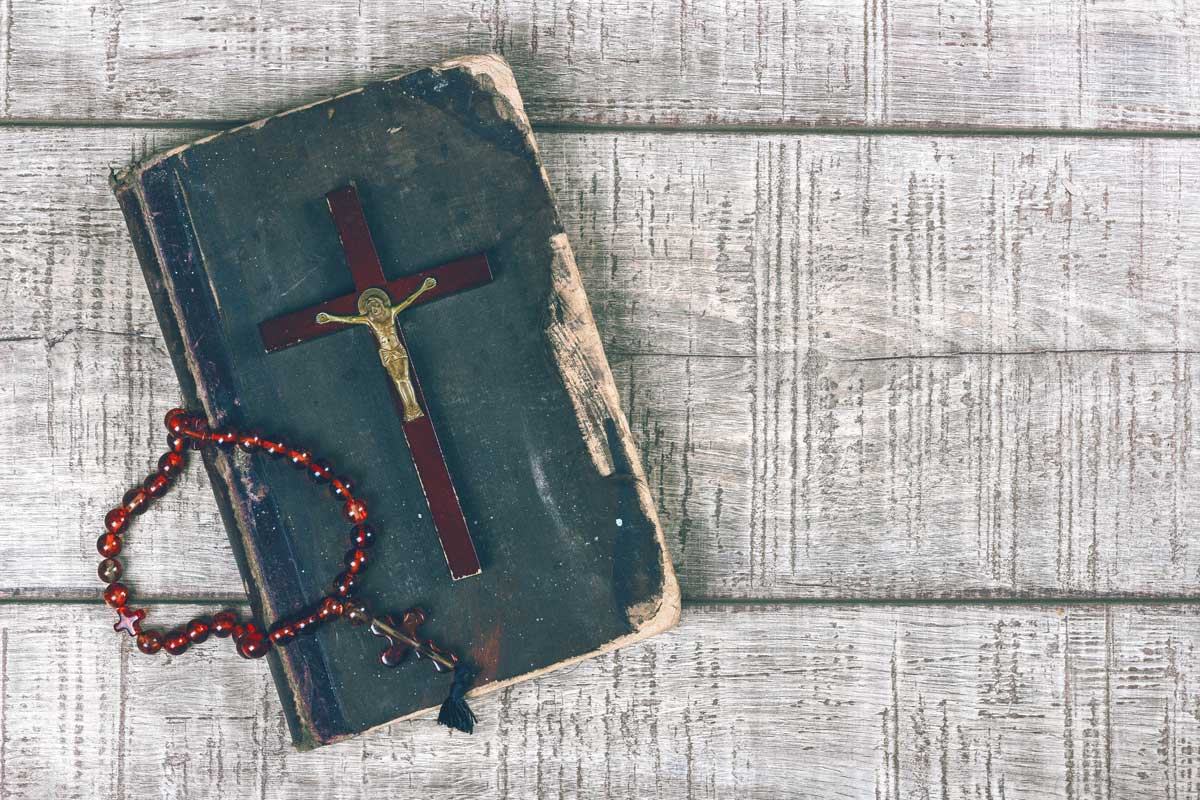
24.6—Nov/Dec 2011
Liberty, Conscience & Autonomy
How the Culture War of the Roaring Twenties Set the Stage for Today’s Catholic & Evangelical Alliance by Barry Hankins
more from the online archives
calling all readers
Please Donate
"There are magazines worth reading but few worth saving . . . Touchstone is just such a magazine."
—Alice von Hildebrand
"Here we do not concede one square millimeter of territory to falsehood, folly, contemporary sentimentality, or fashion. We speak the truth, and let God be our judge. . . . Touchstone is the one committedly Christian conservative journal."
—Anthony Esolen, Touchstone senior editor





